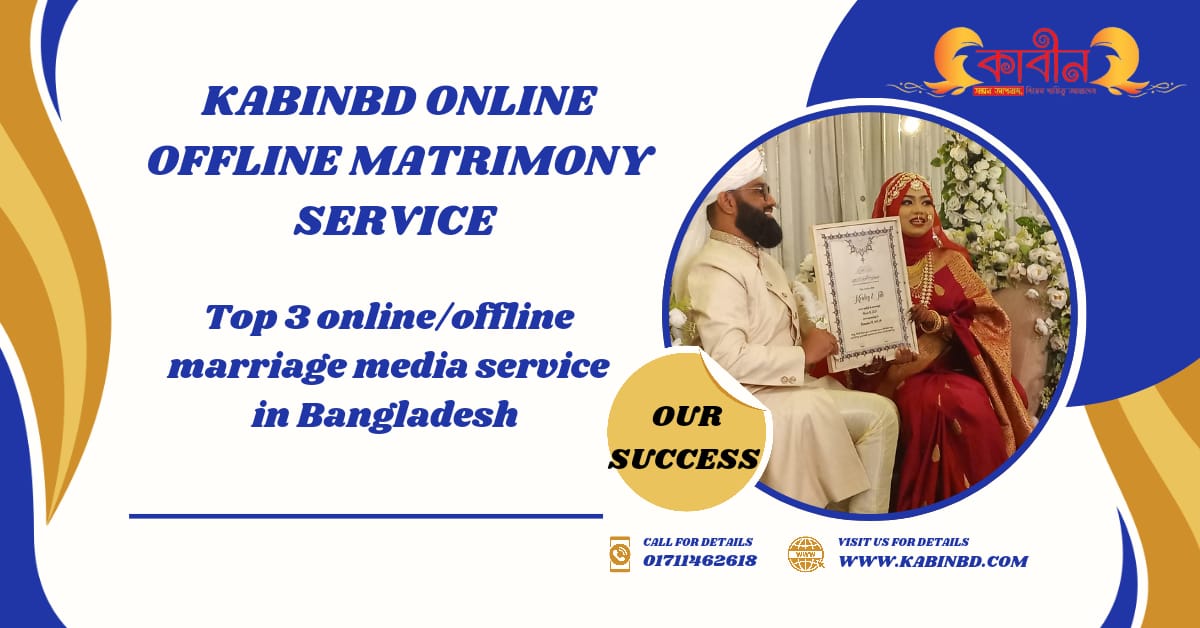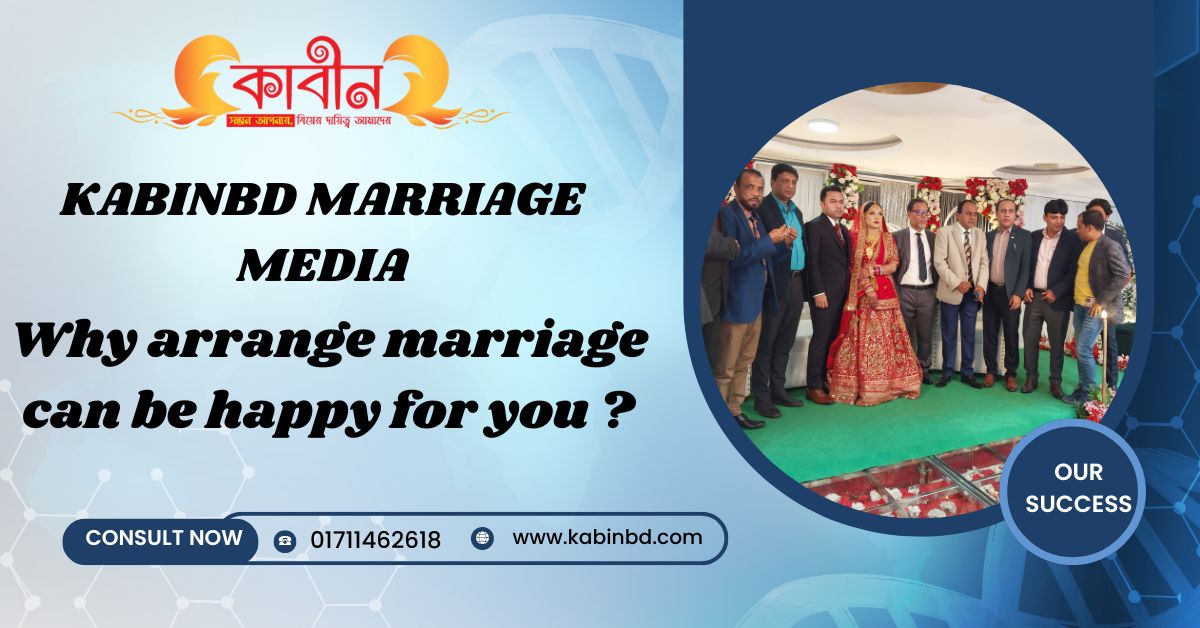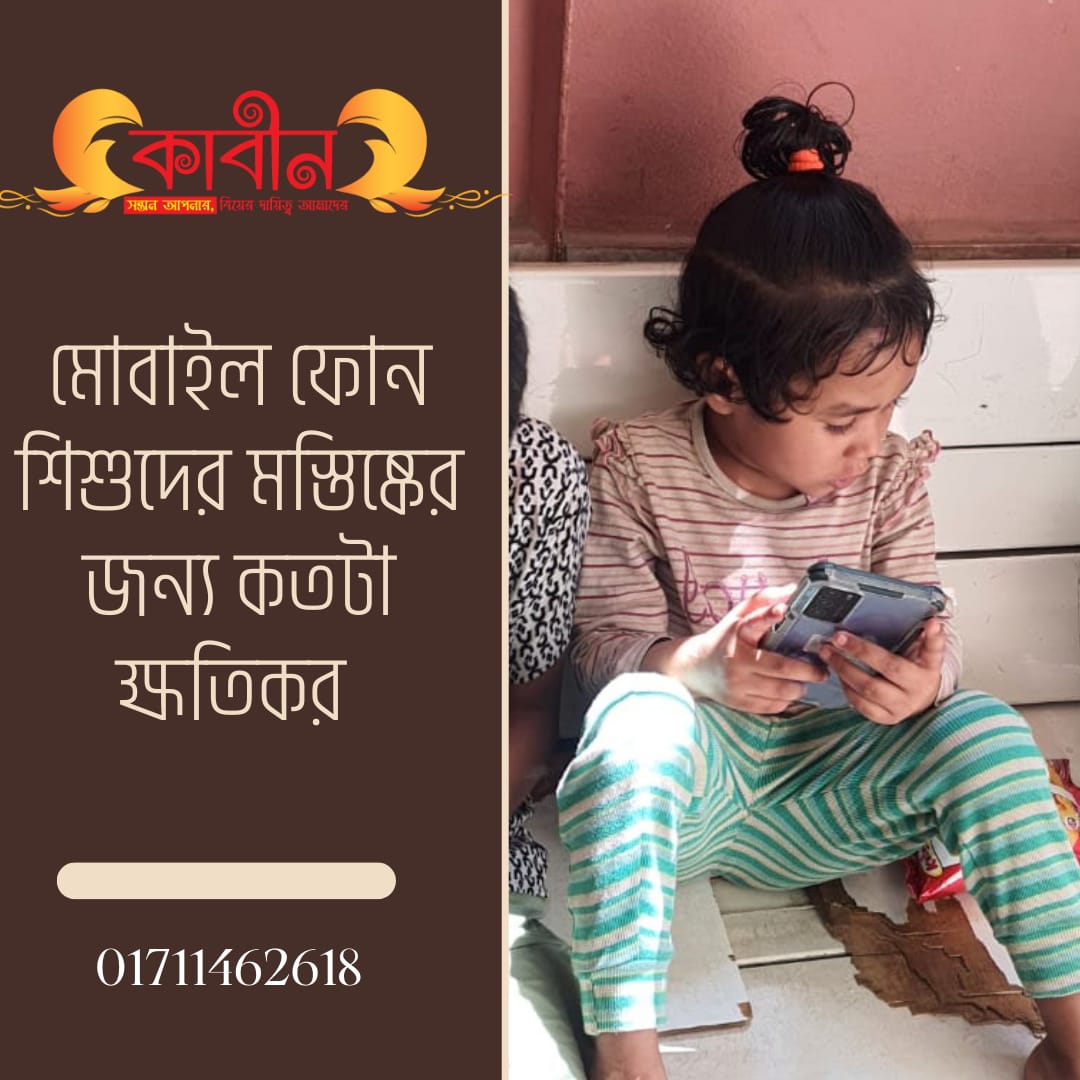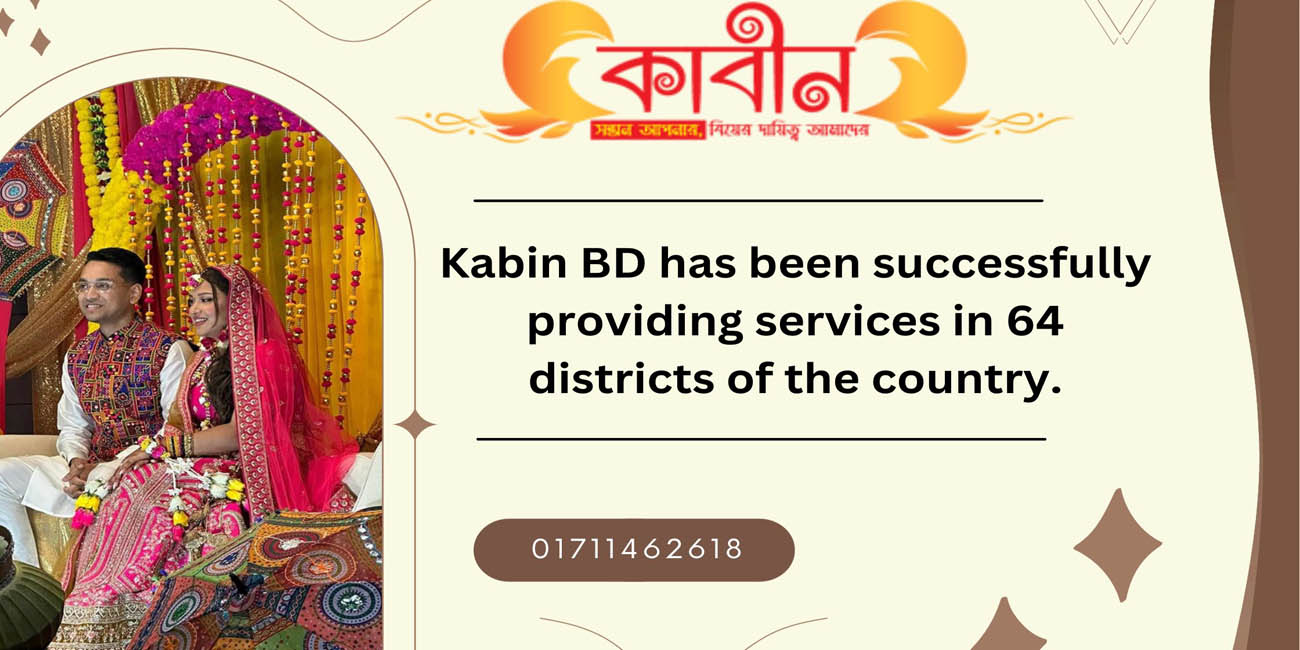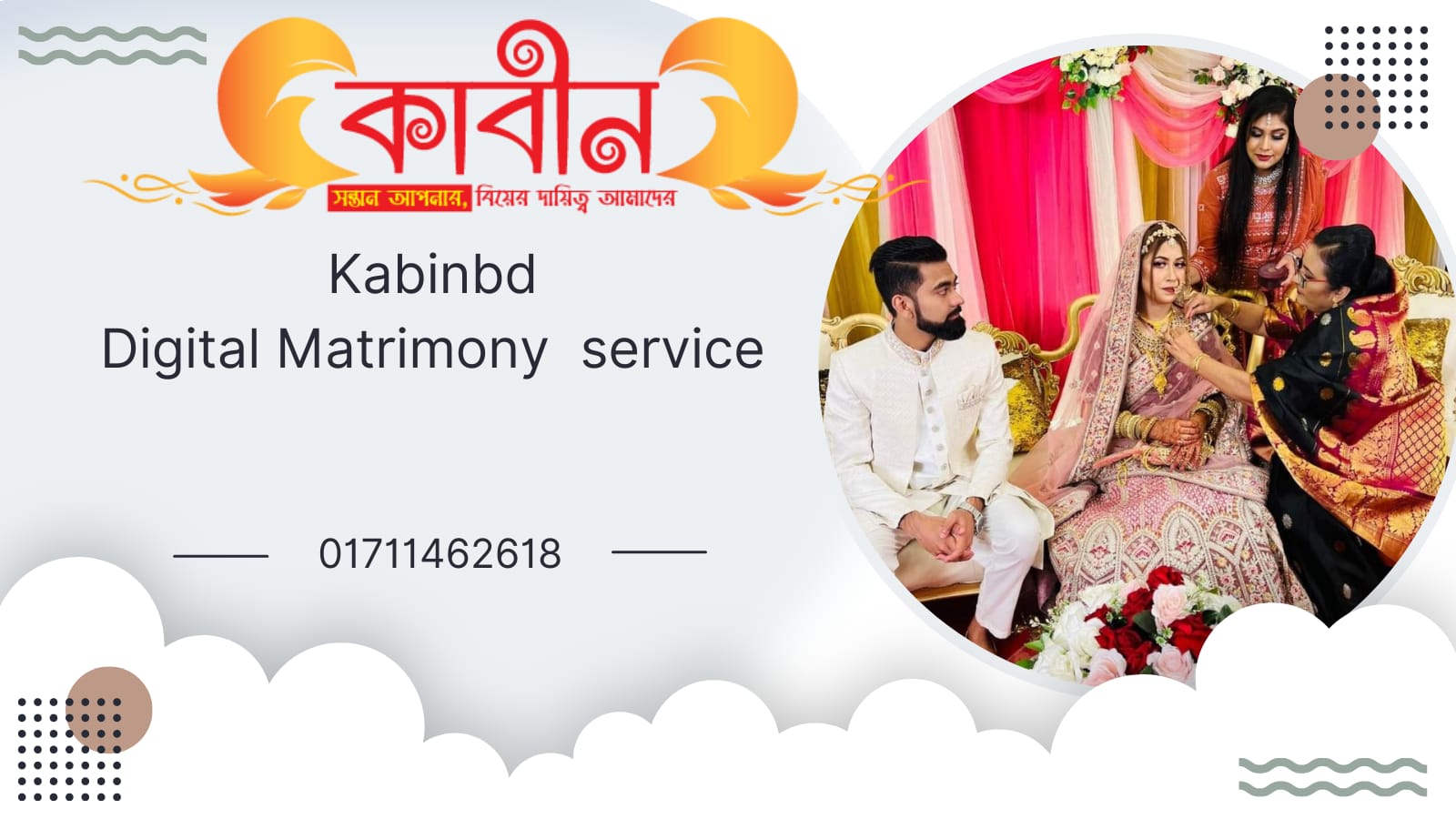What About if Having Children isn’t Straightforward?
What About if Having Children isn’t Straightforward?
What About if Having Children Isn’t Straightforward?
The desire to have children is a powerful and deeply personal one. For many, the path to parenthood seems clear: meet a partner, get married, and start a family. But for a significant portion of the population, the journey towards parenthood is far more complex. Fertility challenges, same-sex relationships, financial considerations, and personal choices can all make having children a non-linear and sometimes daunting process.
This article explores the realities of non-traditional paths to parenthood, offering support and resources for those navigating this journey.
Facing Fertility Challenges
The desire to have children is a powerful and deeply personal one. For many, the path to parenthood seems clear: meet a partner, get married, and start a family. But for a significant portion of the population, the journey towards parenthood is far more complex. Fertility challenges, same-sex relationships, financial considerations, and personal choices can all make having children a non-linear and sometimes daunting process.
This article explores the realities of non-traditional paths to parenthood, offering support and resources for those navigating this journey.
Infertility
Infertility, defined as the inability to conceive after one year of unprotected sex (or six months with women over 35), affects millions of couples worldwide. It can be a deeply emotional experience, filled with disappointment, confusion, and isolation. Luckily, there are many resources available to help couples navigate this challenge.
-
- Medical interventions: Numerous medical interventions can increase the chances of conception, such as fertility medications, intrauterine insemination (IUI), and in vitro fertilization (IVF).
- Support groups: Connecting with others facing similar challenges can be invaluable. Local and online support groups offer a safe space to share experiences, find emotional support, and learn about different treatment options.
- Alternative paths to parenthood: Adoption and fostering offer loving homes to children in need while providing a fulfilling path to parenthood for many couples.
Facing the Emotional Impact
Infertility is a medical condition, but its impact goes far beyond the physical. It’s a deeply personal journey riddled with complex emotions that can leave you feeling overwhelmed. Here’s a breakdown of some common feelings and ways to navigate them:
The Initial Shock and Denial: Receiving a diagnosis of infertility can be a shock. Denial is a natural defense mechanism, giving you time to process the news. However, prolonged denial can hinder your ability to move forward.
- Acknowledge your feelings: Talk to your partner, a close friend, or a therapist about the initial shock.
- Educate yourself: Learn about fertility treatments and explore alternative paths to parenthood. Knowledge is empowering.
The Rollercoaster of Emotions: Sadness, anger, frustration, jealousy – all perfectly normal emotions when facing infertility.
- Allow yourself to feel: Bottling up emotions can make things worse. Cry, scream into a pillow, write in a journal – express yourself in healthy ways.
- Communicate openly: Talk to your partner about your emotions. Listen to theirs as well. Open communication strengthens your bond.
- Find healthy outlets: Exercise, hobbies, spending time with loved ones – these activities can help manage stress and boost your mood.
Guilt and Blame Games: Infertility can lead to feelings of guilt, inadequacy, and blame. It’s crucial to remember that infertility is often a shared issue, and assigning blame is unproductive.
- Focus on solutions: Instead of dwelling on blame, focus on working together as a couple to explore treatment options or alternative paths to parenthood.
- Seek professional help: A therapist can help you manage guilt and navigate communication challenges within your relationship.
Isolation and Envy: Seeing pregnancy announcements everywhere can be isolating and trigger feelings of envy.
- Limit social media: Curate your social media feeds to minimize exposure to triggers.
- Find your tribe: Connect with support groups or online communities for those facing infertility. Sharing experiences fosters a sense of belonging.
Hope and Resilience: Despite the challenges, don’t lose sight of hope.
- Focus on the positive: Celebrate milestones in your relationship and focus on building a strong foundation.
- Maintain a healthy lifestyle: Eat nutritiously, exercise regularly, and get enough sleep. Taking care of yourself is vital.
- Remember, you’re not alone: Millions of couples face infertility. There are resources and support systems available.
Fertility challenges can be emotionally stressful. Here are some tips for coping:
- Acknowledge your feelings: Allow yourself to feel sad, angry, or frustrated. Bottling up emotions can make things worse.
- Talk to your partner: Open communication and emotional support are essential when facing fertility challenges.
- Seek professional help: A therapist can provide guidance and support in dealing with the emotional challenges of infertility.
Remember
- You are not alone. Infertility is a common issue affecting millions of couples.
- There is hope. Many couples are able to conceive with the help of medical interventions or alternative paths to parenthood.
- Be patient and kind to yourself. The journey to parenthood may not be linear, but it can still be fulfilling.
Infertility, defined as the inability to conceive after one year of unprotected sex (or six months with women over 35), affects millions of couples worldwide. It can be a deeply emotional experience, filled with disappointment, confusion, and isolation. Luckily, there are many resources available to help couples navigate this challenge.
- Medical interventions: Numerous medical interventions can increase the chances of conception, such as fertility medications, intrauterine insemination (IUI), and in vitro fertilization (IVF).
- Support groups: Connecting with others facing similar challenges can be invaluable. Local and online support groups offer a safe space to share experiences, find emotional support, and learn about different treatment options.
- Alternative paths to parenthood: Adoption and fostering offer loving homes to children in need while providing a fulfilling path to parenthood for many couples.
Building a Family Through Adoption
Adoption is a beautiful way to build a family, offering a loving home to a child while experiencing the joy of parenthood. The adoption process can vary depending on the situation, but it typically involves screening, homestudies, and waiting periods. There are also different types of adoption, including domestic infant adoption, international adoption, and foster care adoption.
- Researching adoption: Explore different adoption agencies, their specializations, and the associated costs.
- Considering the type of adoption: Decide which type of adoption aligns best with your family’s desires and circumstances.
- Preparing for adoption: Adoption requires commitment and preparation. Consider attending workshops or support groups to learn about the specific needs of adopted children.
Building a Family in Same-Sex Relationships
For same-sex couples, the path to parenthood involves additional considerations. Options include adoption, fostering, surrogacy, and sperm or egg donation. Each option carries its own legal and logistical complexities, so thorough research and professional guidance are crucial.

- Legal considerations: Laws governing same-sex adoption and surrogacy vary depending on location. Consulting a lawyer specializing in LGBTQ+ family law is essential.
- Finding a surrogate: If considering surrogacy, you’ll need to navigate the legal and emotional aspects of this arrangement with a surrogate carrier.
- Building a support network: Surround yourselves with supportive friends, family, and medical professionals who understand your unique journey.
Considering the Financial Realities
Raising a child is a significant financial commitment. Factor in expenses like childcare, education, healthcare, and food when making informed choices about family planning.
- Budgeting and planning: Create a realistic budget that considers the costs of child-rearing over time. Talk openly with your partner about financial expectations.
- Researching financial assistance: Explore government grants, tax benefits, and other financial resources that may be available to help with child-related expenses.
- Prioritizing goals: Discuss financial priorities and potential career adjustments with your partner to ensure financial stability for your family.
Creating a Fulfilling Life Without Children
The decision to not have children is a perfectly valid choice. Many individuals find fulfillment in careers, hobbies, relationships, and other pursuits.
- Societal expectations: Challenge societal pressure to have children. Your worth and purpose are not defined by parenthood.
- Focusing on personal goals: Invest time and energy into your passions, relationships, and professional aspirations.
- Building a fulfilling life: Define what a fulfilling life looks like for you and pursue experiences and connections that bring you joy.
Resources and Support
Infertility can be a lonely and isolating experience. But remember, you are not alone. Millions of couples face similar challenges, and there’s a wealth of resources and support available to help you navigate this journey. Here’s a breakdown of some key resources and support systems:
National Organizations:
- Resolve: The National Infertility Association: leading national organization dedicated to providing support, education, and advocacy for those facing infertility. They offer a wealth of resources, including:
- Online support groups and forums for connecting with others facing similar challenges.
- Educational materials on various aspects of infertility, treatment options, and alternative paths to parenthood.
- Advocacy efforts to ensure access to affordable infertility care and support for families.
- The American Society for Reproductive Medicine (ASRM): American Society for Reproductive Medicine:professional organization for reproductive medicine specialists. While not directly offering support groups, they provide reliable information on:
- Different fertility treatments and their success rates.
- Finding a qualified fertility specialist in your area.
- The latest advancements in reproductive technologies.
- The National Council on Family Relations (NCFR): National Council on Family Relations: focuses on strengthening families of all forms. They offer resources on:
- Building a strong and supportive relationship with your partner.
- Dealing with the emotional challenges of infertility.
- Exploring alternative family-building options such as adoption or fostering.
Additional Support Systems:
- Online Support Groups: Beyond Resolve’s offerings, consider joining online communities or forums dedicated to infertility. These platforms connect you with others on a similar path, fostering a sense of belonging and allowing you to share experiences, ask questions, and offer support.
- Mental Health Professionals: A therapist can provide invaluable guidance in navigating the emotional rollercoaster of infertility. They can help you cope with feelings of sadness, anger, guilt, or isolation, improve communication with your partner, and develop healthy coping mechanisms.
- Fertility Clinics and Support Staff: Many fertility clinics offer support groups or individual counseling services led by social workers or therapists specializing in infertility. Additionally, the clinic staff can answer questions about treatment options, financial considerations, and the emotional impact of infertility.
Financial Resources:
- Grants and Scholarships: Organizations like the American College of Obstetricians and Gynecologists (ACOG) and the Cade Foundation offer financial assistance for infertility treatment. Research and apply for grants or scholarships that align with your needs.
- Fertility Financing Programs: Many fertility clinics offer financing programs to help patients manage the costs of treatment. Explore these options and consider creating a budget plan together as a couple.
This journey can be emotionally challenging, so seeking support is crucial. Consider these resources:
- Resolve.org: A national organization with resources and support for those facing infertility
- American Adoptions: Provides information and resources on domestic and international adoption
- Family Equality: An organization dedicated to LGBTQ+ equality, including resources on building families
- The National Council on Family Relations: Offers resources and support for diverse families
Remember, there is no single “right” way to build a family. The most important thing is to approach this decision with careful consideration, open communication, and a supportive network. Regardless of the path you choose, creating a loving and secure environment is the foundation for a happy family.
আপনি যদি বিয়ের ব্যাপারে সিরিয়াস হয়ে থাকেন তবে
লিংকে ক্লিক করে ফ্রী রেজিষ্ট্রেশন করুন
অথবা বিস্তারিত জানতেঃ
Gmail:kabinbd4@gmail.com
01711462618 এ কল করুন ২৪/৭ সার্ভিস






































